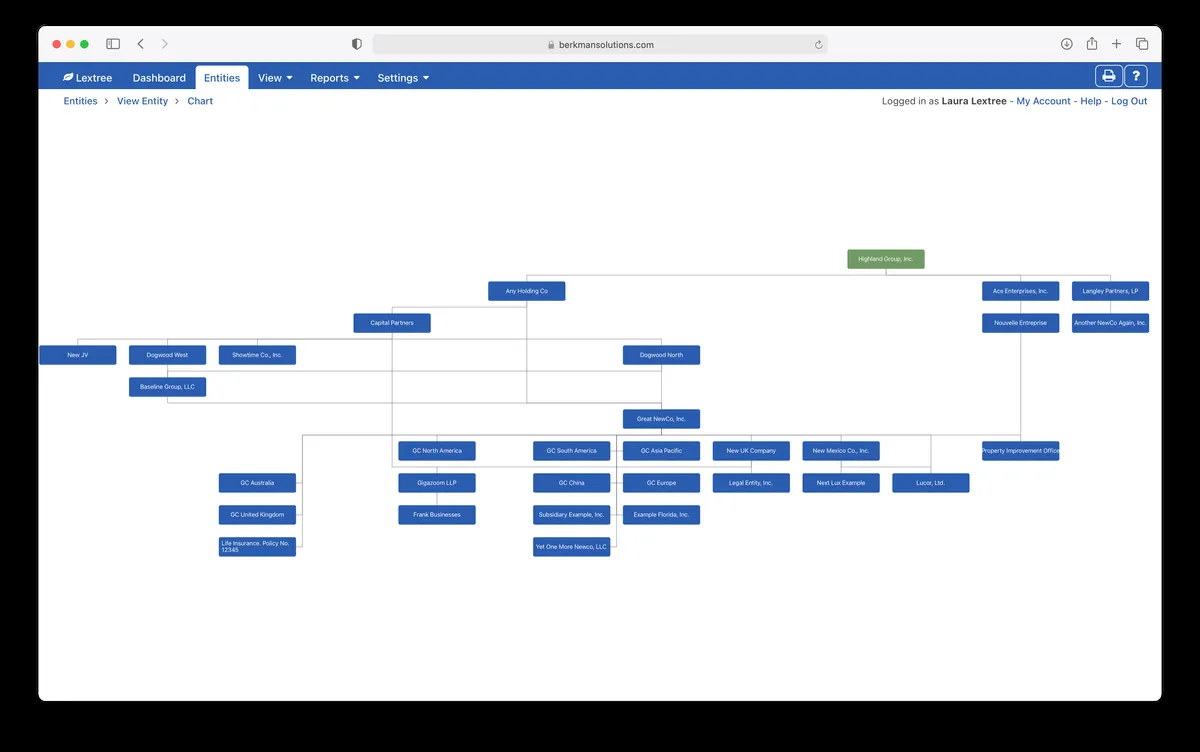WilmerHale Introduces Non-Equity Partnership Tier, Following Industry Trend
WilmerHale adds non-equity partnership tier, joining majority of top U.S. law firms. Move aims to provide flexibility in lawyer retention and advancement, while existing equity partners remain unaffected.

Wilmer Cutler Pickering Hale and Dorr (WilmerHale), a prominent U.S. law firm, has announced the introduction of a non-equity partnership tier. This decision aligns the firm with the majority of top legal practices in the country that have adopted multi-tier partnership structures.
The new tier will apply exclusively to future hires, leaving the existing 253 equity partners unaffected by the change. This strategic move is part of a growing trend among leading law firms to diversify their partnership structures.
Anjan Sahni, WilmerHale's managing partner, presented the new tier as advantageous for the firm, its clients, and its lawyers. He stated that it offers "another pathway for advancement" and provides the firm with "more flexibility" in attracting and retaining legal talent.

According to a 2023 report by law firm consultancy Adam Smith, Esq., 86% of the 200 highest-grossing U.S. law firms now have at least two tiers of partnerships. This shift reflects a significant change in the legal industry's traditional partnership model.
Bruce MacEwen, president of Adam Smith, noted that "The non-equity tier is growing like crazy." He explained that non-equity partners can be billed at higher rates than associates while not receiving a share of the firm's profits, providing economic advantages for law firms.
WilmerHale, formed in 2004 through a merger, has established itself as a leader in various legal fields, including intellectual property, regulatory affairs, and corporate law. The firm has represented high-profile clients such as Apple, Boeing, and Goldman Sachs, demonstrating its prominence in the legal industry.
"This change provides another pathway for advancement and more flexibility in attracting and retaining lawyers."
This move by WilmerHale follows similar actions by other top firms. Brad Karp, chair of Paul, Weiss, Rifkind, Wharton & Garrison, disclosed earlier this year that his firm had also implemented a non-equity partnership tier.
However, the trend is not without controversy. Duane Morris, another U.S. law firm, is currently facing a federal lawsuit related to its non-equity partnership practices. A San Diego-based lawyer has accused the firm of requiring non-equity partners to pay a portion of taxes and expenses while denying them a share of profits. Duane Morris has denied these allegations.
WilmerHale's decision to introduce a non-equity tier comes as the firm continues to expand its global presence, with offices in 12 cities across the United States, Europe, and Asia. The firm has been recognized for its innovative approach to legal practice, including its use of technology and commitment to diversity and inclusion initiatives.
As the legal industry continues to evolve, WilmerHale's adoption of a multi-tier partnership structure reflects its efforts to adapt to changing market dynamics while maintaining its position as a leading law firm.


































